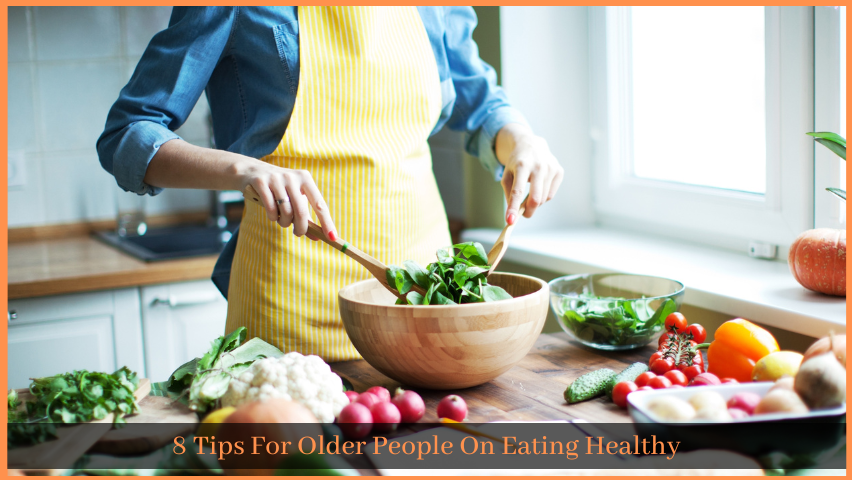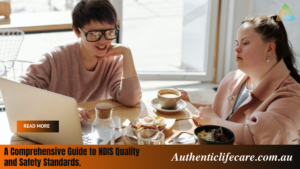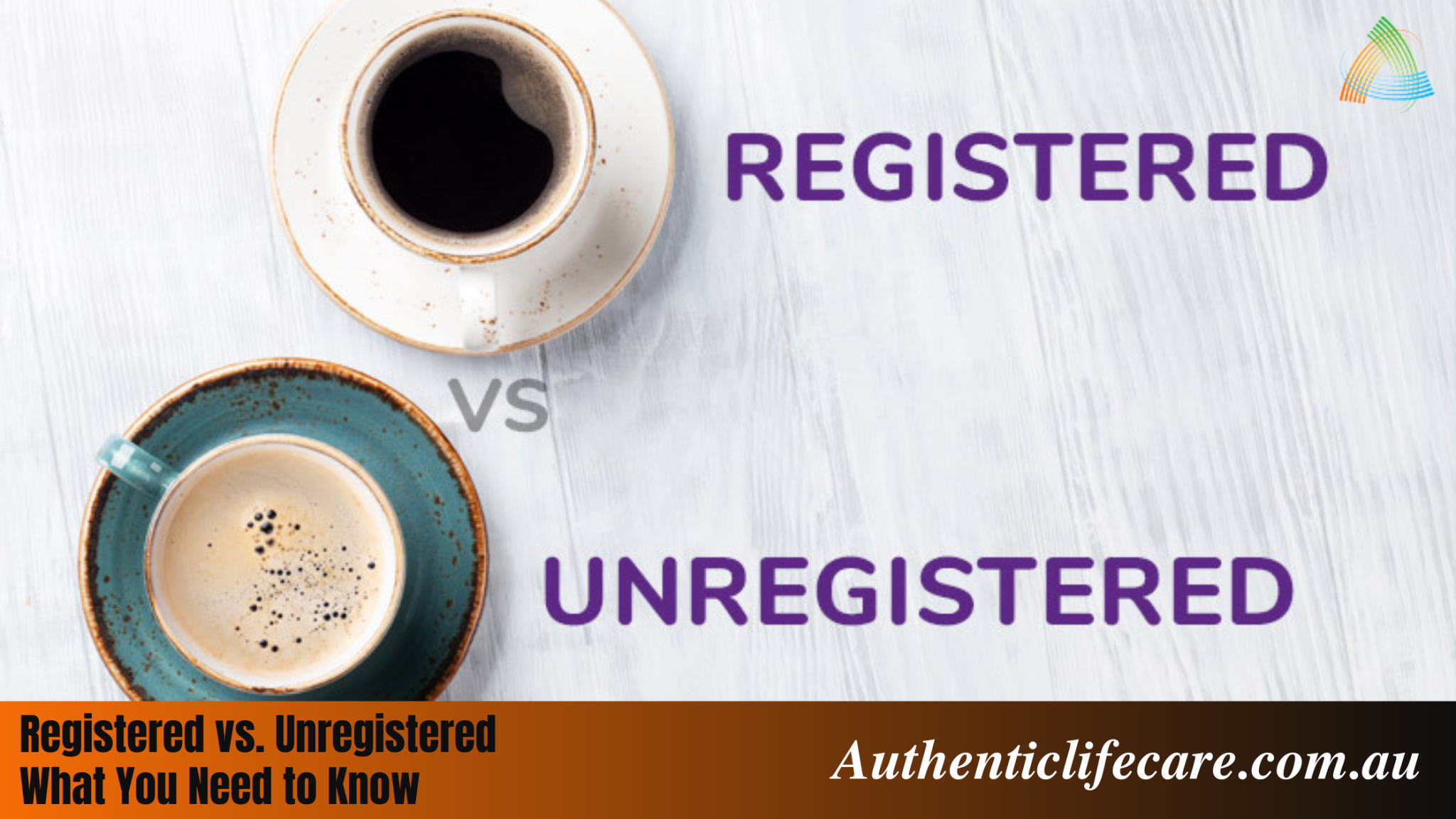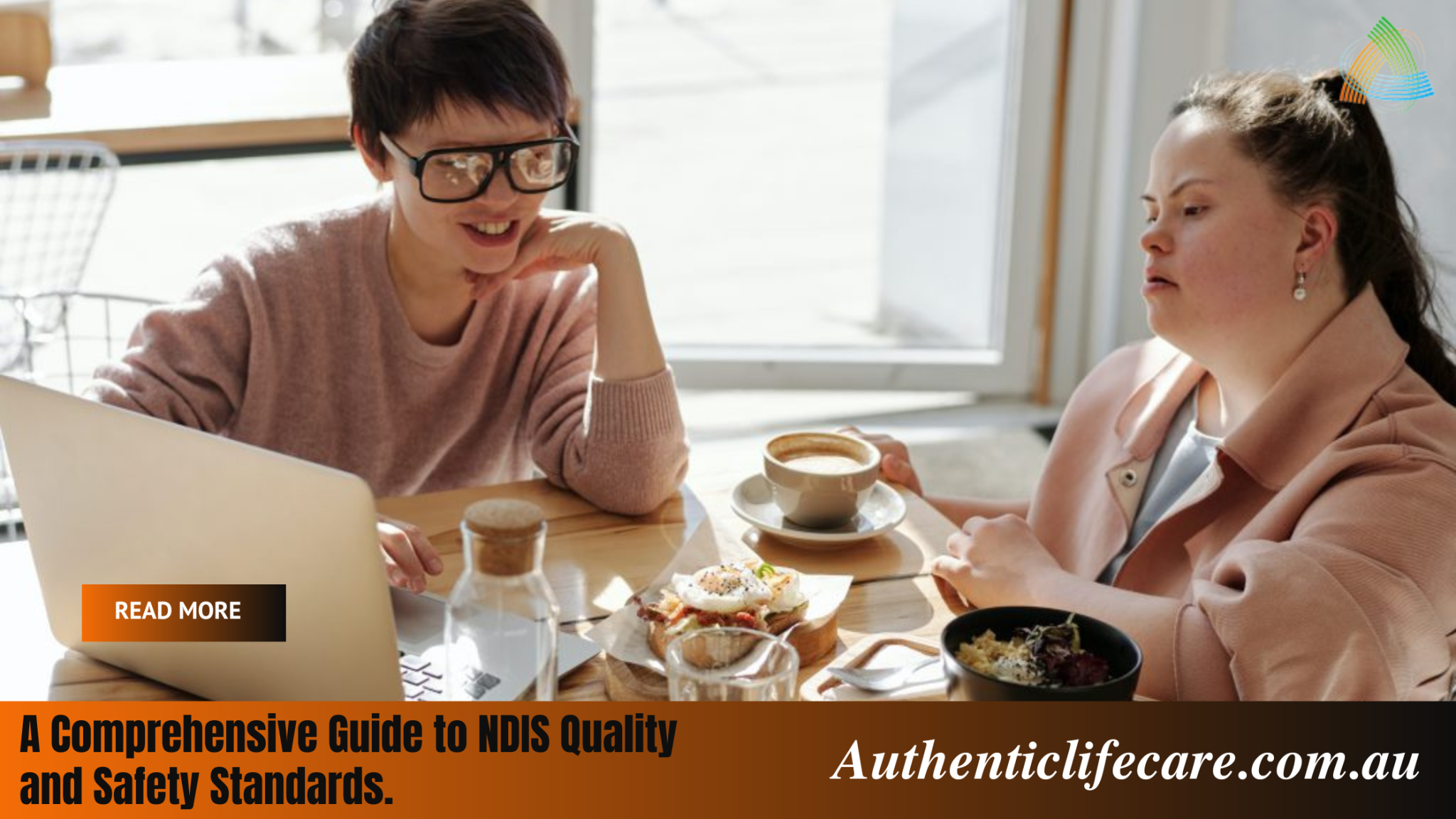As we get older, our appetites, as well as our senses of taste and smell, tend to wane. This may cause you to eat fewer calories, placing you at risk of missing out on vital nutrients that your body requires to age gracefully and remain healthy.
To avoid this, it’s critical to make eating healthy food a pleasurable experience that becomes a part of your daily routine. To assist you, we’ve put together a list of 10 tips on how to maintain a healthy diet as a senior.
1. Eat smaller meals more often if you don’t feel hungry.
As you get older, it’s normal to lose your appetite. Instead of trying to eat bigger amounts for breakfast, lunch, and dinner, try eating 5-6 small meals during the day to ensure you get the nutrients you need.
If you’re used to your hunger cues reminding you to eat, setting reminders to eat every two to three hours might be useful. Repetition makes it easier to incorporate good habits into our daily routine so that eating becomes a natural part of our day rather than a chore to be completed.
2. Make sure the food you eat is as healthy as possible.
If you’re not eating as much as you used to, make sure you’re eating foods that are high in nutrients, vitamins, and minerals.
The following are some nutritious foods to include in your diet:
- fruits and vegetables – eat a variety of fruits and vegetables that you enjoy, in a variety of colours.
- Try to eat more grain meals like bread, cereal, rice, oats, and pasta instead of biscuits, cake, and pastries.
- Meat, chicken, fish, eggs, tofu, almonds, and beans are all good sources of protein.
- Dairy foods include milk, cheese, and yoghurt.
3. Take pleasure in eating with others.
Being with other people and eating together becomes even more important as we get older, both for our appetites and our mental health.
It is much easier to eat a meal if you enjoy the experience. Share your meals with family, friends, and neighbours whenever possible, whether it’s a cup of tea and a snack or a full meal. This makes eating more enjoyable while also assisting you in remaining social.
4. Don’t forget to drink water daily.
Although it’s easy to overlook, staying hydrated requires drinking water every day, particularly when the weather is hot.
If you frequently forget to drink water, keep a water bottle or jug within easy reach to serve as a reminder. You can also add a slice of lemon, orange, or cucumber to your water for a refreshing taste.
5. Make it simple to make a delectable meal.
If cooking or going to the store is difficult for you, there are some steps you can take to ensure that you continue to eat regular meals.
Keep your kitchen well-stocked with easy-to-prepare foods like tuna cans, microwave rice, frozen vegetables, and healthy ready-made meals to make cooking a breeze. Support workers from Authentic Life Care will also assist you in preparing simple, tasty, and nutritious meals that you will enjoy eating regularly.
6. Make sure you’re getting enough calcium in your diet.
Calcium is necessary for healthy teeth and bones. Your bones may become weak and fragile if you don’t get enough in your body, increasing your risk of fractures.
As you get older, the amount of calcium you need in your diet increases, with women aged 51 to 60 and adults over 70 needing the most. Milk, yoghurt, cheese, leafy green vegetables, and tofu are all good calcium sources. Sardine and salmon tins (bones included) are also good calcium sources to include in your diet.
7. Get enough protein in your diet
Protein is used by your body to perform essential repair tasks, such as building and maintaining muscles, healing skin, and fighting infection. Scientists believe that seniors should maintain their protein intake to maintain muscle mass. In a 2017 study of 2,000 older adults, researchers discovered that those who ate the least amount of protein were nearly twice as likely to have difficulty walking or climbing stairs as those who ate the most.
Lean meat (including chicken and fish), eggs, tofu, nuts, beans, milk, cheese, and yoghurt are all good sources of protein, so try to include them in your diet.
8. Recognize malnutrition symptoms
Malnutrition is a serious health condition that occurs when a person’s diet lacks sufficient nutrients to allow their body to function properly. According to research, up to half of older Australians in aged care or at home are at risk of malnutrition, which can cause serious health problems.
Weight and muscle loss (clothing may become loose), a lack of interest in food and drink, tiredness, wounds that don’t heal, poor concentration, weakness, and hair loss are all signs of malnutrition. If you suspect you or a loved one is malnourished, make an appointment with a health professional as soon as possible.













